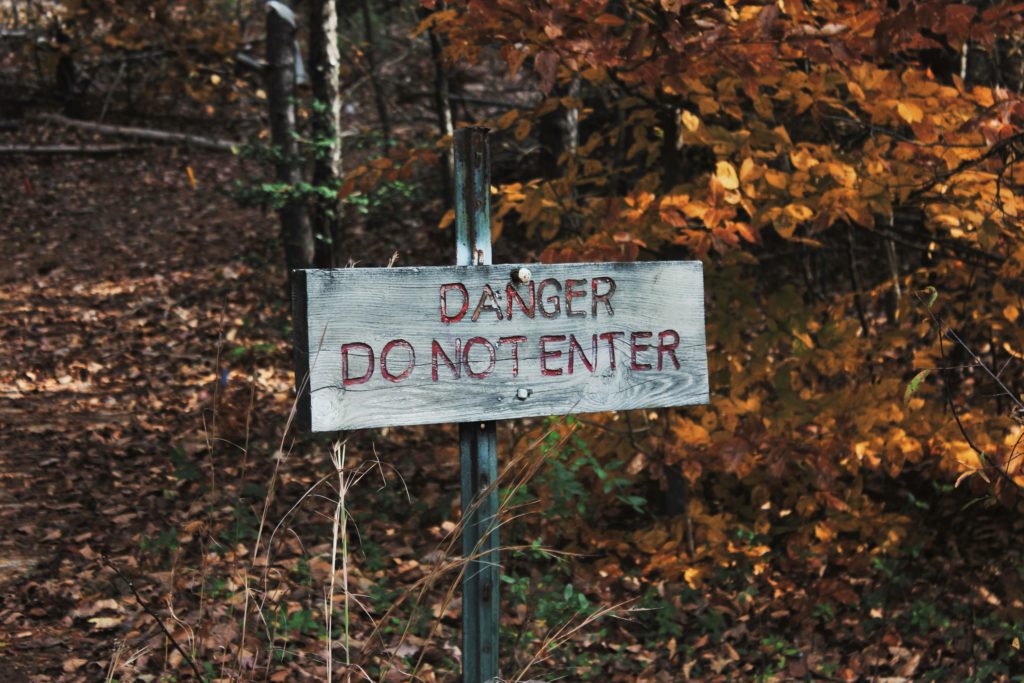The work of biblical restoration you and/or your church may seek to engage in is often misunderstood. This misunderstanding of your motives, efforts, and Biblical truth can trigger backlash. Pastors, leaders, and churches that seek to cultivate a restorative culture and actively engage fallen and broken leaders who need restoration need to be prepared for this reaction. Remember, the religious crowd were opposed to practically everything Jesus said and did.
Confused Churches
Churches are plentiful in most towns and cities. It is often said, especially in the southern US where I live, that there are churches on every corner; this is basically true. However, it is not because we are so spiritual – it is because we cannot get along with each other. Some of the most confusing topics that divide many churches are traditions that may or may not flow from our understanding of Holy Scripture.
One of the most troublesome concerns the qualifications of pastors and deacons and if they can ever actively serve in the church again after a failure. My co-author and I deal with this subject in our book, re.CLAIM.ing – A Handbook for Developing a Restorative Culture in Your Church. We also penned an earlier blog on the topic.
Churches that are confused about the teachings of Scripture on this topic typically have a long history of chewing up and spitting out broken leaders. Other local churches that seek to forgive and restore broken and fallen leaders to a healthy relationship with God and His church are often denigrated as “lowering their standards to attract a crowd.”
Prideful People
Churches that are not interested in the gracious, forgiving, and messy work of restoration are filled with prideful people who are often in leadership positions. They are more concerned with what others may think of their church than with obedience to Jesus’ teachings. And they see to it that a pastor who wishes to help the fallen stays in line with their wishes.
My co-author and I share an anonymous story in chapter four of our book about a person we both know well. After a long period of productive ministry, this leader encountered problems and made a series of bad choices. The sin was confessed and turned away from, and this leader sought help. Unfortunately, the choices this leader made were the type that can resurface – and they did.
This leader later left a position of ministry and simply sought a church to sit and worship in while recovering. The pastor of a local church initially reached out to him, but was severely reprimanded by the church “leaders.” He was instructed to tell the fallen leader seeking refuge to go elsewhere and not attend their church.
This is a shortened version of the real story, but it captures the problem with prideful people. A broken leader needing grace and assistance on multiple levels was turned away for the sake of the church’s “reputation.” They obviously have a reputation – one of callous legalism and direct disobedience.
Pride is a reprehensible sin that finds its root in rebellion, an attitude that God compared to witchcraft in 1 Samuel 15: 23.
Discouraged Denominational Leaders
Another related repercussion from confused churches and prideful people that turn away broken leaders is often overlooked. Local denominational leaders that seek to help these fallen or broken leaders are routinely caught in the middle. They desperately want to reach out to help, but are stymied in their efforts.
In most denominational headquarters, resources to restore fallen leaders do not exist. Plus, the denominational leader who reaches out to the fallen leader risks the ire of the church that cast the leader out or suffered damage from the leader. Moreover, other churches and leaders have ways of expressing their displeasure with denominational leaders who seek to help broken or fallen pastors and staff.
The denominational leader must remain in the area and serve these churches. Should they risk the relationships they have with local churches to help a church leader who fell or was cast out by a church? How can they assist both the hurting church and the hurting leader?
Denominational leaders often find their hands tied and little to no resources available to offer a fallen or broken minister. All too often, the fallen or broken minister simply fades away and is forgotten and neglected. Busy churches and people move on and any residual guilt is short-lived.
Count the Cost
Biblical restoration ministry is hard work. If you or your church seeks to be engaged in restoring fallen or broken ministers and leaders, there will be opposition. Typically, the same crowd that opposes you visiting and winning people to Christ in “those neighborhoods” will stand against any efforts at restoring fallen leaders. The problem is the same: “What will people think?”
This is why cultivating the necessary culture of humility and grace is imperative before you begin any overt efforts at restoration. The middle section of our book deals with how churches can cultivate this culture that transforms hearts and minds. Every pastor, church, and church leader must decide if the they are prepared to suffer reproach over restoration ministry, or if the cost is too high.
We deal at length with this subject in chapter four of re.CLAIM.ing – A Handbook for Developing a Restorative Culture in Your Church. Order your print or digital copy today.
You can also connect with us if you need assistance in your church, or if you are a fallen or broken leader who needs a listening ear and a place of refuge and restoration. Email us at connect@Reclaimingbook.com.


